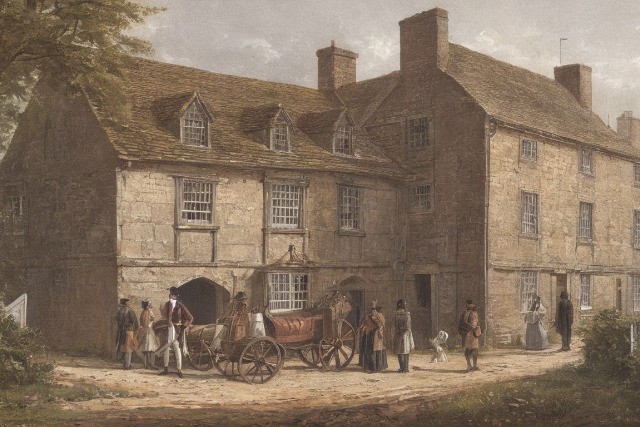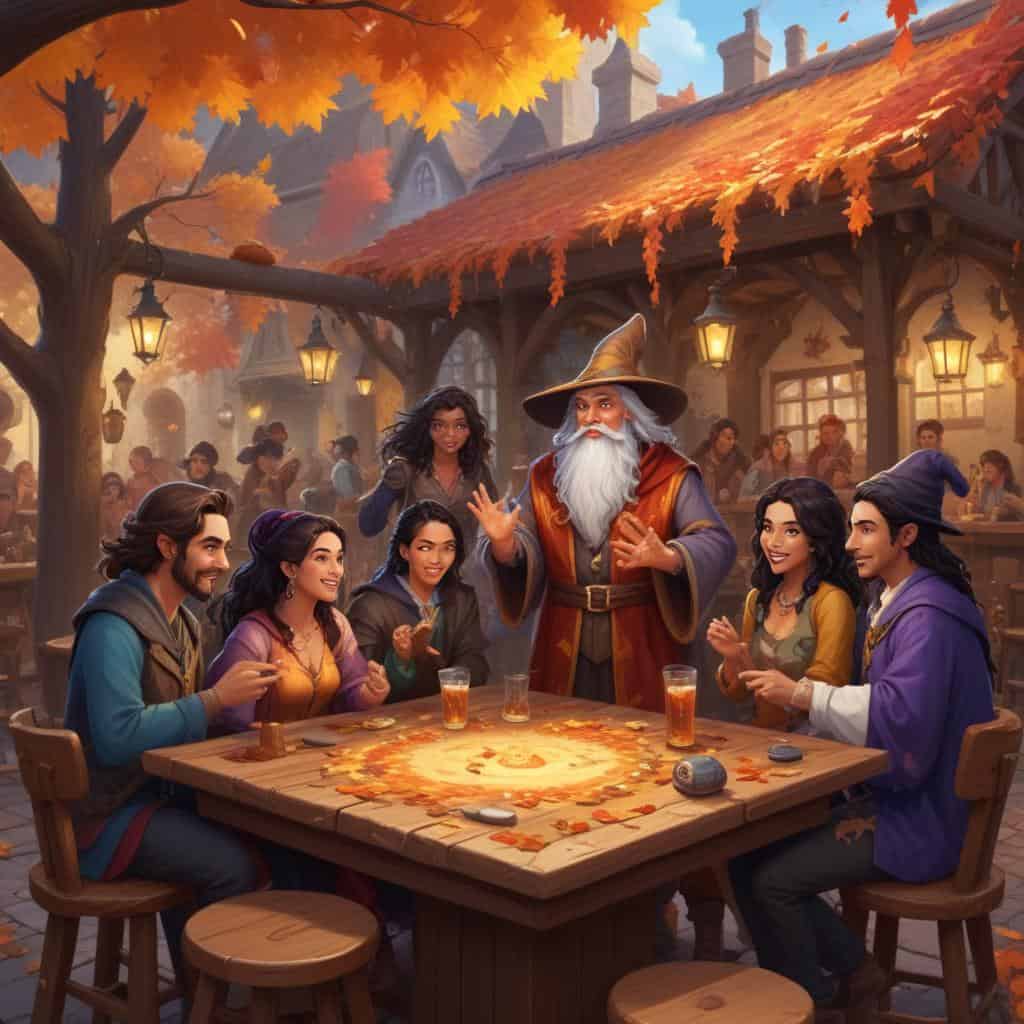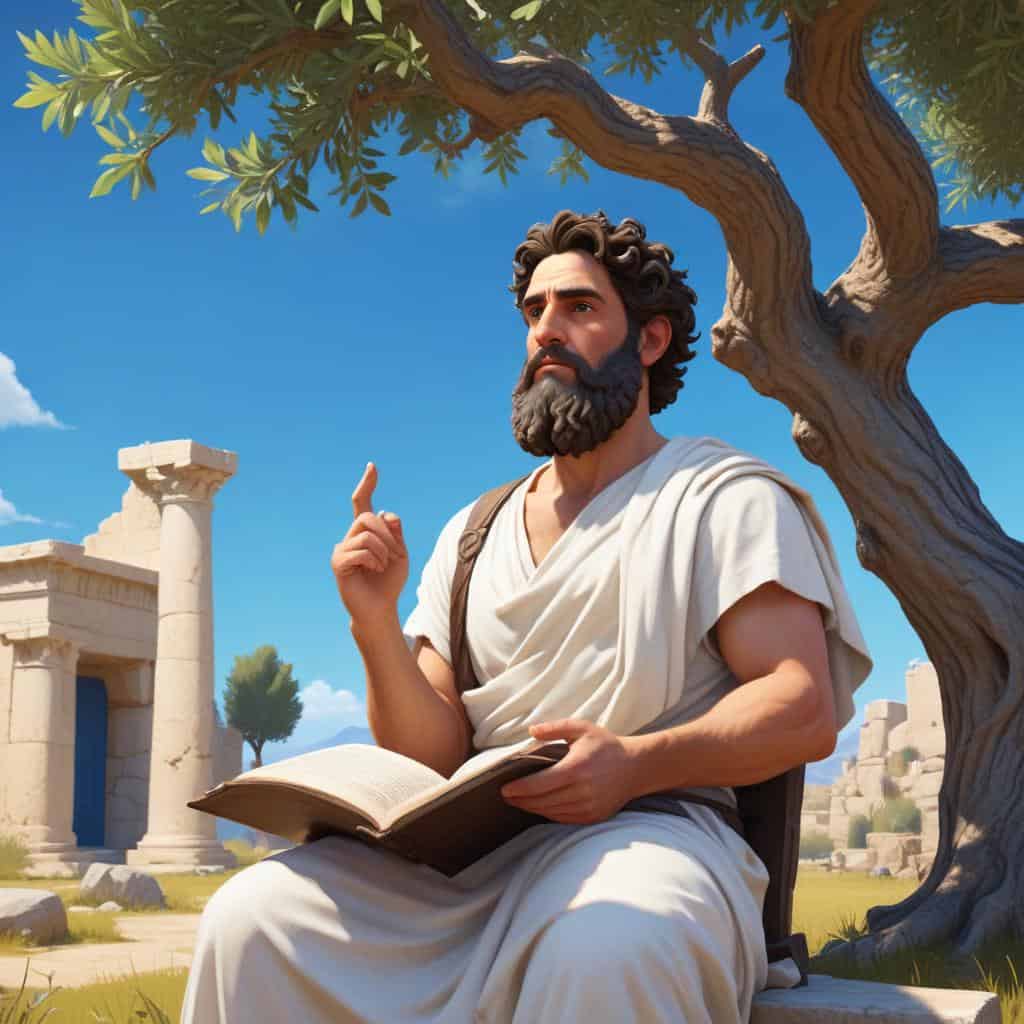The Georgian Era was a period in British history from 1714 to 1837. It was named after the reigns of the first four British monarchs of the House of Hanover: George I, George II, George III, and George IV. This era was marked by significant social, cultural, and political changes in Britain. The Georgian Era is known for its distinctive architecture, fashion, and literature. It was a time of industrial revolution and expansion of the British Empire. The era saw the rise of influential figures such as Jane Austen, William Pitt the Younger, and King George III.
Summary List
- The Georgian Era was a period in British history from 1714 to 1837.
- It was named after the four King Georges who ruled during this time.
- The Georgian Era saw the Industrial Revolution, which led to significant changes in society and the economy.
- It was a time of great social change, with the rise of the middle class and the abolition of the slave trade.
- The Georgian Era also saw the expansion of the British Empire and the development of new styles in art, architecture, and literature.
Games and Apps
Learning Modules
Act of Settlement
The Act of Settlement of 1701 secured Protestant succession to the British throne and limited the power of the monarch.
I Want To Learn This!Treaty of Utrecht
The Treaty of Utrecht, signed in 1713, marked the end of the War of Spanish Succession and reshaped the political landscape of Europe. This historic agreement established a balance of power between major European nations and laid the foundation for peace in the region for decades to come.
I Want To Learn This!War of the Spanish Succession
The War of the Spanish Succession was a major European conflict that lasted from 1701 to 1714. It was fought over who would succeed to the Spanish throne after the death of the childless Charles II. The war involved most of the major European powers and had far-reaching political and economic consequences.
I Want To Learn This!Jacobite Rebellion
The Jacobite Rebellion was a series of uprisings in Britain between 1688 and 1746, led by supporters of the exiled Stuart monarchs. These conflicts were fueled by political and religious tensions, ultimately culminating in the Battle of Culloden in 1746, a crushing defeat for the Jacobite cause.
I Want To Learn This!South Sea Bubble
The South Sea Bubble was a financial crisis that occurred in the early 18th century, when the stock prices of the South Sea Company skyrocketed before crashing dramatically. The speculative frenzy led to massive losses for investors and exposed the dangers of market speculation.
I Want To Learn This!The Black Acts
In the heart of 17th century London, a series of brutal crimes known as The Black Acts shake the city to its core. As fear and suspicion run rampant, a group of unlikely allies must uncover the truth behind the sinister events before it's too late.
I Want To Learn This!Gin Craze
In the midst of 18th century London, a dark and dangerous obsession with gin sweeps through the city, leading to madness, violence, and despair. Follow the gripping tale of those caught in the grips of the Gin Craze, as they struggle to survive in a world consumed by addiction and chaos.
I Want To Learn This!The Enlightenment
The Enlightenment was an intellectual movement that swept across Europe in the 18th century, challenging traditional beliefs and advocating for reason, science, and individual rights. It sparked a wave of philosophical and political change, influencing the development of modern democracy, human rights, and the scientific method.
I Want To Learn This!The Founding of the Bank of England
Discover the captivating story behind the founding of the Bank of England, a pivotal moment in history that forever changed the financial landscape of England. From political intrigue to economic innovation, this tale of ambition and power sheds light on the birth of one of the world's most influential financial institutions.
I Want To Learn This!The Industrial Revolution
The Industrial Revolution was a period of rapid industrial and technological advancement that transformed society in the 18th and 19th centuries. It marked a shift from agrarian economies to industrialized ones, leading to urbanization, mass production, and significant social and economic changes.
I Want To Learn This!The Royal Society
The Royal Society is a prestigious and influential scientific institution founded in 1660 in London. It has played a key role in shaping the world of science, with members including Isaac Newton, Charles Darwin, and Stephen Hawking. Join us on a journey through history and discovery with The Royal Society.
I Want To Learn This!The War of Jenkins’ Ear
The War of Jenkins' Ear was a conflict between Britain and Spain in the 18th century, sparked by the alleged mutilation of British captain Robert Jenkins' ear by Spanish sailors. This small incident escalated into a full-blown war that had far-reaching consequences for both countries and their colonial empires.
I Want To Learn This!The War of Austrian Succession
The War of Austrian Succession was a major European conflict fought from 1740 to 1748 over the succession to the Habsburg throne. It involved most of the great powers of Europe and resulted in significant territorial changes and power shifts, setting the stage for future conflicts.
I Want To Learn This!The Seven Years’ War
The Seven Years' War, fought from 1756 to 1763, was a global conflict that involved major powers such as Britain, France, and Spain. It was sparked by territorial disputes in North America and Europe, with battles raging across continents and oceans. This war reshaped the balance of power in Europe and beyond.
I Want To Learn This!The American Revolution
Experience the epic struggle for independence in The American Revolution. Follow the founding fathers as they defy the British Empire, ignite a revolution, and ultimately shape the future of a nation. Discover the courage, sacrifice, and determination that birthed a new era of freedom and democracy.
I Want To Learn This!The Treaty of Paris
The Treaty of Paris, signed in 1783, marked the end of the American Revolutionary War and recognized the United States as an independent nation. This historic agreement between Britain and the newly formed United States reshaped global politics and set the stage for a new era of diplomacy and alliances.
I Want To Learn This!The Enclosure Acts
The Enclosure Acts were a series of laws passed in England during the 18th and 19th centuries that allowed landowners to enclose common land for their own use, displacing many small farmers and peasants. This led to widespread poverty and social upheaval, ultimately shaping the landscape of rural England.
I Want To Learn This!The Penal Laws against Catholics
The Penal Laws were a series of oppressive statutes enacted in the 17th and 18th centuries in England and Ireland, specifically targeting Catholics. These laws aimed to suppress the practice of Catholicism and limit the rights of Catholics in society, leading to widespread discrimination and persecution.
I Want To Learn This!The Navigation Acts
The Navigation Acts were a series of laws passed by the British Parliament in the 17th and 18th centuries aimed at regulating colonial trade and increasing profits for the mother country. These acts sparked tension and resentment among American colonists, ultimately contributing to the outbreak of the American Revolution.
I Want To Learn This!The British East India Company
The British East India Company was a powerful trading company that played a significant role in shaping the history of India and the British Empire. Founded in the early 17th century, the company eventually became a dominant force in Indian politics and economics, leading to British colonization of the subcontinent.
I Want To Learn This!The Acts of Union
The Acts of Union were a series of parliamentary acts passed in 1707 that united the kingdoms of England and Scotland, creating the Kingdom of Great Britain. This historic event marked a significant political and cultural shift, shaping the future of the British Isles for centuries to come.
I Want To Learn This!The Calico Acts
The Calico Acts were a series of laws passed in the 17th and 18th centuries by the British Parliament to protect the domestic textile industry from competition with imported Indian fabrics. The Acts sparked controversy and led to smuggling and protests among consumers seeking affordable and fashionable textiles.
I Want To Learn This!The War of the Quadruple Alliance
The War of the Quadruple Alliance was a conflict that erupted in Europe in the early 18th century, involving Spain, France, Austria, and Great Britain. With shifting alliances and power struggles, this war reshaped the political landscape of Europe and set the stage for future conflicts.
I Want To Learn This!The War of the Austrian Succession
The War of the Austrian Succession was a major European conflict that erupted in 1740 over the disputed succession of Maria Theresa to the Habsburg throne. The war involved numerous European powers and resulted in shifting alliances and battles across the continent, ultimately reshaping the political landscape of Europe.
I Want To Learn This!The War of the Spanish Succession
The War of the Spanish Succession was a major European conflict fought from 1701 to 1714. It was sparked by the death of the childless Spanish King Charles II and the struggle for control of the Spanish throne. The war resulted in a realignment of power in Europe and the rise of the British Empire.
I Want To Learn This!The Georgian Era Fashion
Step back in time to the opulent world of Georgian Era Fashion, where elaborate gowns, towering wigs, and intricate accessories reigned supreme. From the elegant simplicity of the early 1700s to the extravagant excess of the late 1700s, explore the iconic styles that defined this glamorous period in history.
I Want To Learn This!The Marriage Act
In a society where marriage is strictly regulated by the government, two strangers find themselves forced to marry in order to comply with the law. As they navigate their newfound relationship, secrets and unexpected twists threaten to unravel their carefully constructed facade. Will their marriage survive the pressure of society's expectations?
I Want To Learn This!The Slave Trade Act
The Slave Trade Act was a landmark piece of legislation passed in 1807 by the British Parliament, abolishing the transatlantic slave trade. This law marked a significant step towards the eventual abolition of slavery in the British Empire and had far-reaching implications for the global fight against human trafficking.
I Want To Learn This!The Battle of Culloden
The Battle of Culloden was a pivotal moment in Scottish history, marking the end of the Jacobite uprising in 1746. The brutal conflict between the British government forces and the Jacobite rebels led by Bonnie Prince Charlie resulted in a devastating defeat for the Highland clans, forever changing the course of Scotland's future.
I Want To Learn This!The Act of Union with Ireland
The Act of Union with Ireland was a significant event in British history, abolishing the Irish Parliament and integrating Ireland into the United Kingdom in 1801. The controversial decision sparked political unrest and led to a long struggle for Irish independence. Learn more about this pivotal moment in history.
I Want To Learn This!Georgian Era overview
The Georgian Era, spanning from 1714 to 1837, was a time of great social, political, and cultural change in Britain. From the reigns of kings George I to George IV, this period saw the rise of the British Empire, the Industrial Revolution, and the flourishing of arts and literature.
I Want To Learn This!












